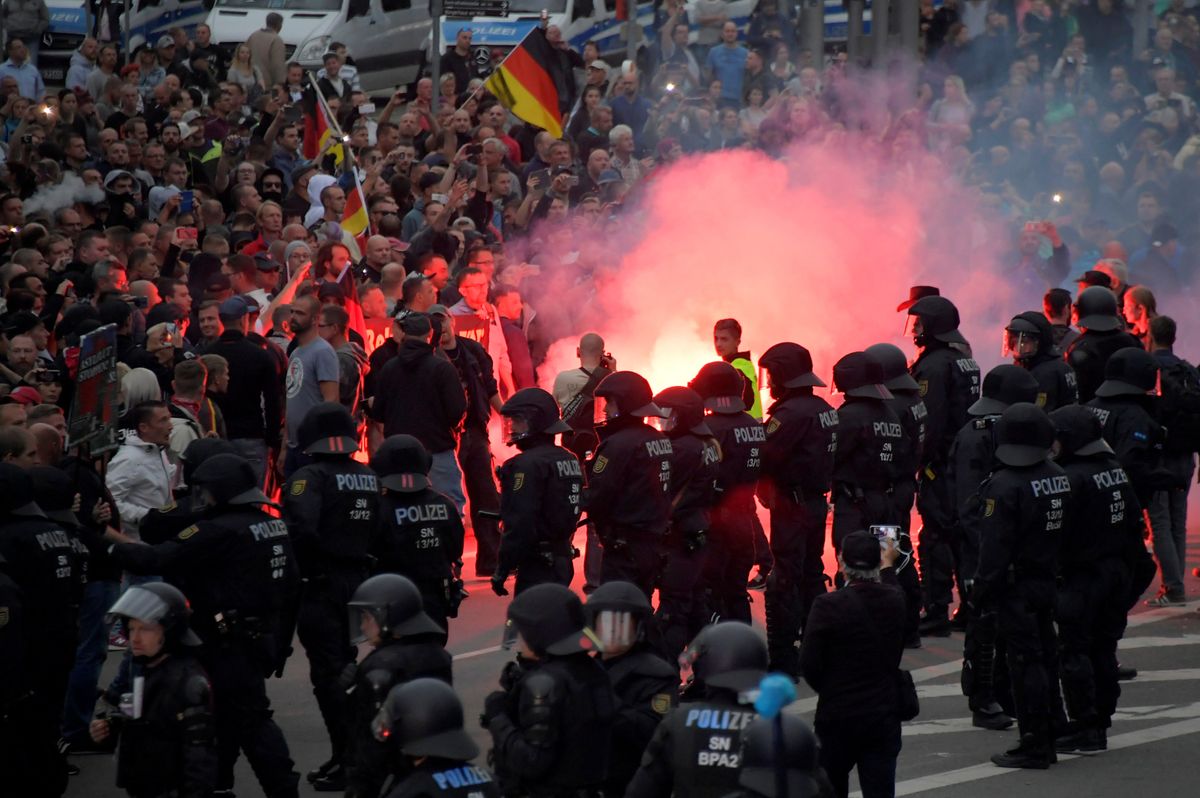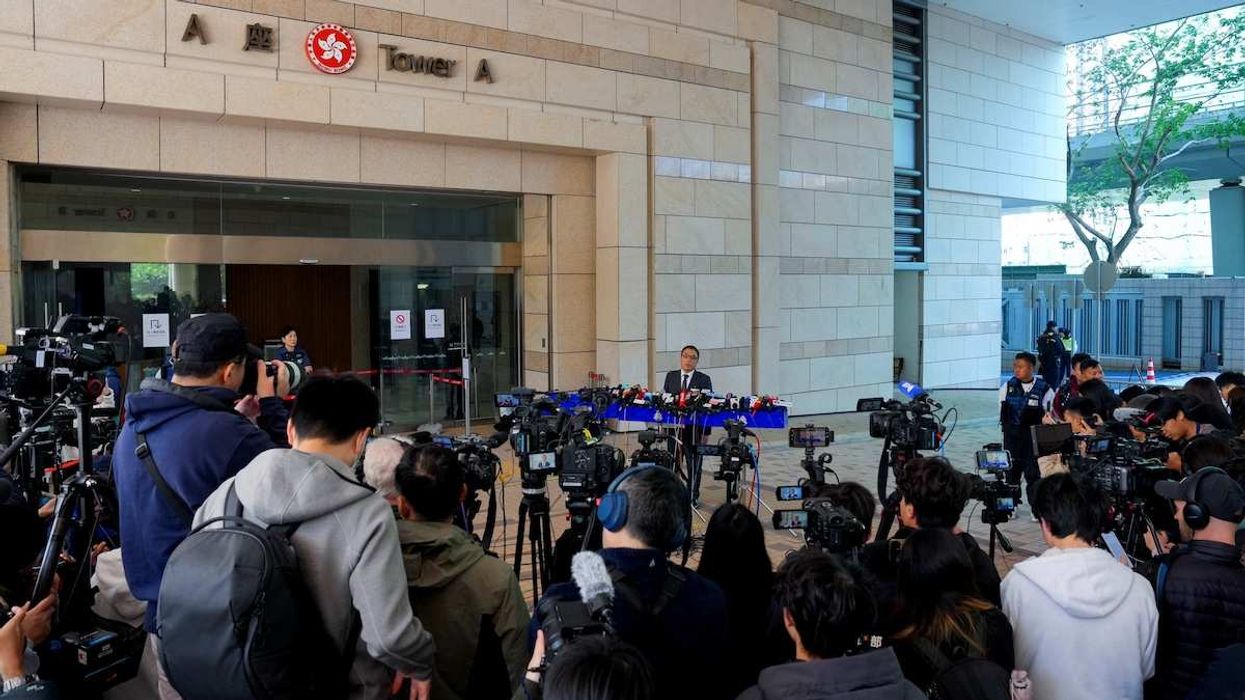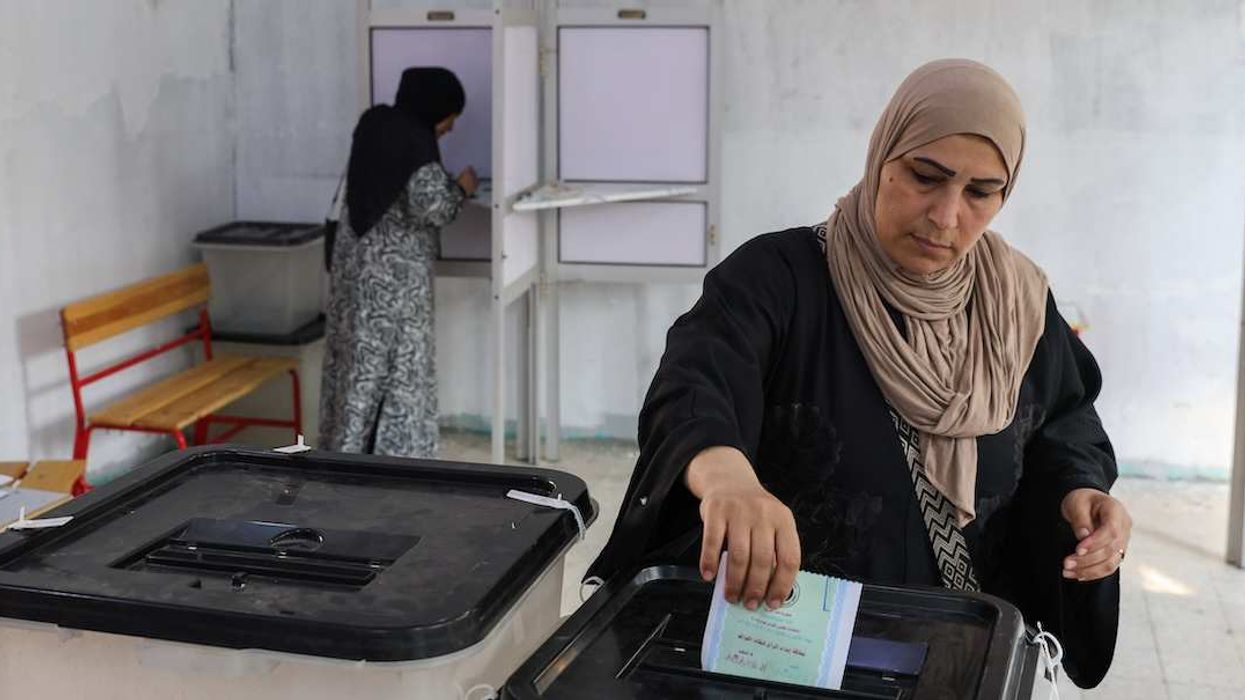Though the flow of migrants into Europe has slowed dramatically since its peak in 2015, the politics of migration reached a fever pitch in recent days. Here are four snapshots of an ugly week in Europe.
Snapshot 1: The Chemnitz Problem – In the German city of Chemnitz, thousands of neo-Nazis and far-right protesters hit the streets to protest the murder of a German man, allegedly by two immigrants from Iraq and Syria. Far-right rallies are not a new phenomenon in eastern Germany, but the size and intensity of this latest event have shocked many there.
The most worrisome issue: public officials say someone with access to police files leaked the arrest warrant of the Iraqi suspect, and the report then found its way onto far-right websites. This is highly unusual in Germany, a country with strict rules on arrest information and privacy. On Thursday, police discovered the culprit was a prison guard in Dresden who had photographed the document and passed it along.
This kind of leak, which included information on the number of stab wounds, the full names of suspects, witnesses, the judge involved in the case, and the Iraqi man’s address, will inspire more vigilante violence. Beyond the Chemnitz protests, there have already been attacks on immigrants in other German cities, including in the northern city of Wismar, where police are now looking for three men suspected of using a chain to break an immigrant’s nose.
The leak of an arrest warrant, which is not proof of guilt, also undermines confidence in the integrity of the police. If anti-migrant groups have hidden allies within local police departments or the court system, all arrest information becomes suspect.
Germany’s largest opposition party, the far-right Alternative for Deutschland, which won dozens of parliamentary seats for the very first time last year by promising to crack down on immigration, has vowed that anti-immigrant protests will continue.
Snapshot 2: Europe’s Unite the Right – A meeting this week between Italy’s Interior Minister Matteo Salvini and Hungary’s Prime Minister Viktor Orban brought together the two most important anti-immigration politicians in Europe. Salvini has achieved this position with recent moves to block would-be migrants from reaching Italy by boat. Orban has led an effort by Central European governments to refuse migrants that were supposed to enter as part of an EU burden-sharing plan championed by German Chancellor Angela Merkel in 2015. Salvini and Orban are now working together to strengthen anti-immigrant parties’ foothold in the European Parliament via elections next year.
Their primary nemesis here is not Merkel, but French President (and proud defender of pan-European values) Emmanuel Macron. During a joint press conference with Orban, Salvini accused Macron of delivering “preaching lessons to foreign governments” instead of helping them manage the migrants they’ve already accepted.
Macron wears the adversary label with pride. “If they want to see me as their main opponent, they’re right,” he told reporters on a visit to Denmark this week. He pledged he would not “cede any ground to nationalists and those who advocate hate speech.”
Snapshot 3: Macron’s “Own Gaul” – Unfortunately for Macron, that’s not all he said in Copenhagen. The French president hoped to use his visit to a country that combines flexible labor laws with generous social benefits to build support for reforms designed to create a similar system in his own country.
"What is possible is linked to culture,” said Macron. “These Lutheran [Danish] people, who have lived through the transformations of recent years, are not exactly Gauls, who are resistant to change," he continued, referring to French citizens by the name Imperial Romans used to describe residents of northwest Europe.
This seeming dismissal of his own people as fearful and stubborn is the latest example of political tone-deafness that, as Alex Kliment noted in your Tuesdayedition, has dropped Macron’s approval rating to 27 percent.
It’s much harder to play an effective role on the European stage against domestically popular leaders like Salvini and Orban, particularly on an emotional issue like immigration, when barely one in four of your own people think you’re doing a good job.
Snapshot 4: Eye of the Storm – Finally, there are the people at the heart of all these controversies—the migrants themselves. A report this week on life inside a refugee camp on the Greek island of Lesbos paints a picture of suffering and despair.
The facility was designed as a transit camp, but many migrants have now lived there for more than two years. The details include extreme overcrowding, long lines for food, open sewage, respiratory disease, sexual harassment, deadly violence, extreme anxiety, and suicide attempts by children as young as ten.
The bottom line: These snapshots reveal the fears and frustrations of governments trying to cope, aid organizations trying to help, political leaders grandstanding, neo-Nazis gaining ground, citizens who want fair solutions, and migrants, many of them children, who are desperate for release from the cycle of misery. Though migrant flows have slowed in recent months, these issues will shape European politics for many years to come.



















